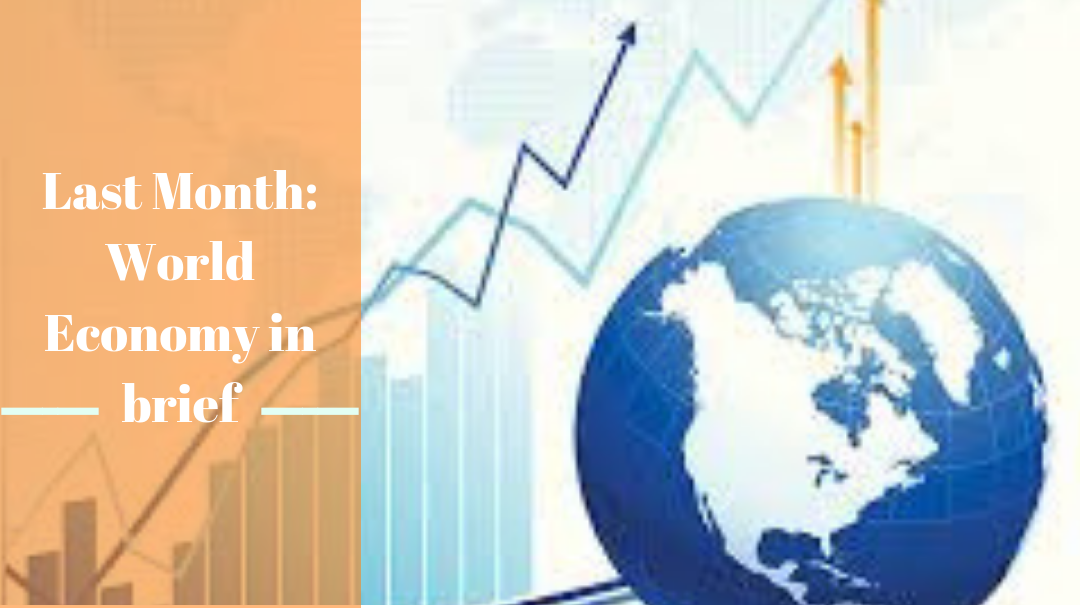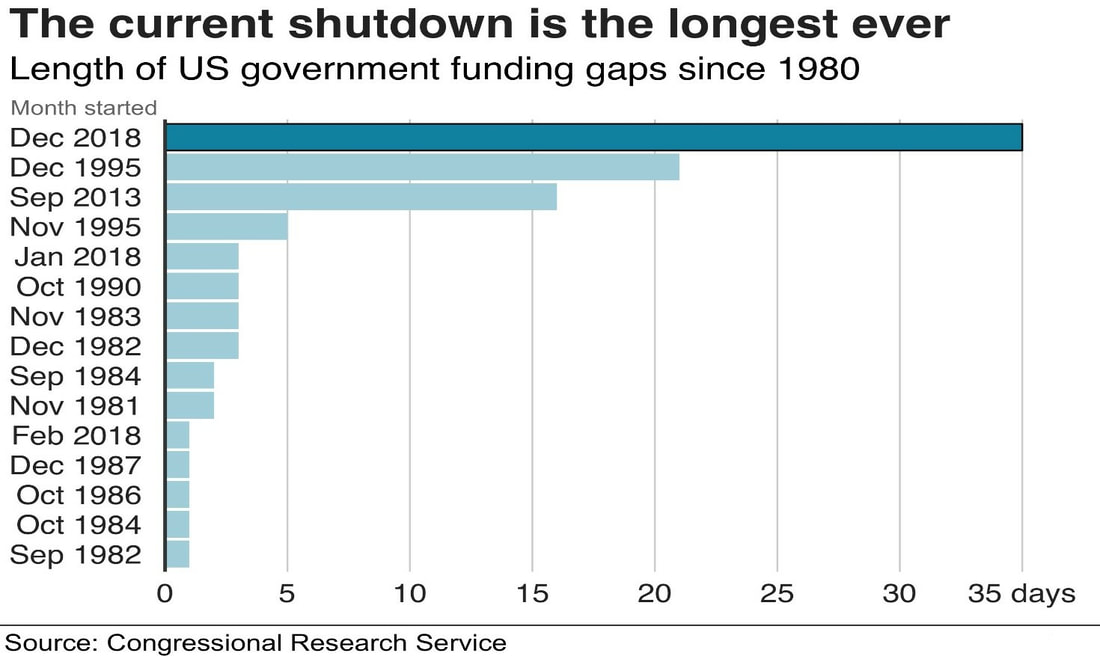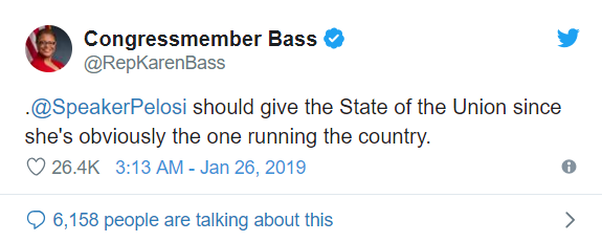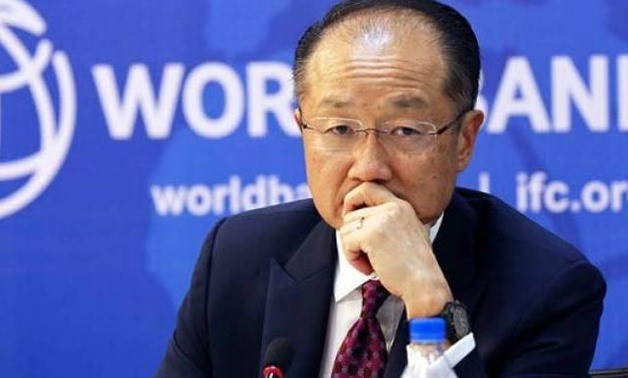ECONOMICS STUDY CENTER, UNIVERSITY OF DHAKA
|
Sheikh Rafi Ahmed, Masafi Mustafa Haider, Namira Shameem, Nahaly Nafisa Khan The Crisis in Venezuela Takes a New Turn Opposition Leader claims himself as the interim President Sheikh Rafi Ahmed Once the richest country of Latin America with a GDP close to the US, Venezuela’s constantly deepening political and economic crisis came as a huge surprise to everyone. This crisis in its nature could easily be characterized by its unpredictability and inexplicable turn of events. Recently, this whole fiasco has taken a whole new turn. 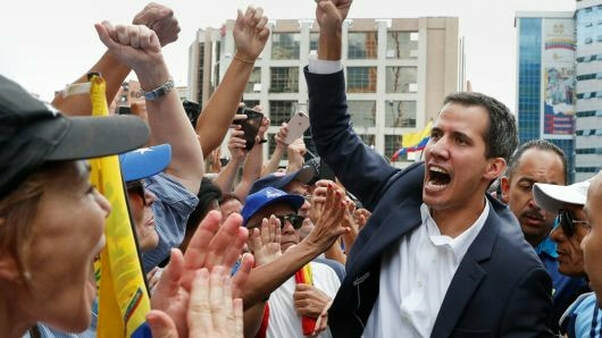 On January 30, after a stream of mass upheaval in the streets of Caracas against Venezuelan President Nicolas Maduro, Juan Gerardo Guaidó Márquez declared himself as the interim President of Venezuela. Guaidó is an opposition party politician and the President of the virtually powerless National Assembly. Such a decision came from him in response to Nicolas Maduro being sworn in for the second term for yet another six (06) years this January. Nicolas Maduro ushered in power for the first time in 2013, after the death of Venezuela’s dearly beloved socialist leader Hugo Chavez. During his term, Venezuela fell deep into chaos and catastrophe as the economy suffered from hyperinflation, resulting in shortage of the very basic supplies and energy. Eventually, people couldn’t take it anymore and came out to the streets in 2015 and Maduro’s approval rating plummeted quickly. However, Nicolas Maduro won the President election held in 2018 which was widely rejected by international communities and the opposition parties claiming it to be partial and fraudulent. Regardless of widespread criticism, a deepening economic crisis and a migrant problem, Nicolas Maduro has turned Venezuela into, what many are calling a full-blown dictatorship. Maduro loyalists and the left strongly claim this to be a coup d’état under the influence of right-wing imperialist governments. They might even be right. United States of America promptly recognized Guaido as the rightful president of the Venezuela denouncing Maduro. In addition to the U.S., Canada and nine other governments in the Western Hemisphere, including Brazil, Argentina and Colombia, recognized Guaidó as interim president. The Organization of American States, OAS also backs Guaidó. In response, Maduro cut all ties with USA and declared an ultimatum of 72 hours for foreign diplomats to leave Venezuela. However, Guaido urged the embassies to ignore Maduro’s ultimatum. On the other hand, Russia, Cuba, Mexico and Bolivia still supports the Maduro government. To conclude, the situation in Venezuela is becoming more and more complicated as every single day goes by. The question we should ask ourselves now is whether we want a probable imperialist takeover in Venezuela or keep supporting a corrupted socialist government that is leading the country into abyss. Links: www.amp.usatoday.com/amp/2658642002 www.reuters.com/news/picture/venezuelas-guaido-declares-himself-presi-id US Government Shutdown : A Brief Overview Masafi Mustafa Haider 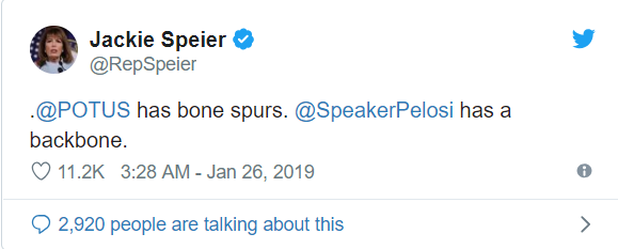 USA recently has gone through the longest ever government shutdown in its history. President Donald Trump’s standoff with Democrats over funding for his long-promised border wall resulted in the short-lived termination of government funding of its 8,00,000 federal employees. But amidst growing political pressure, Trump finally ended the shutdown by endorsing a deal to reopen the federal government temporarily on 25th of January. Facing heavy criticism from right-wing media and pundits in December 2018, Trump vowed not to pass any appropriation bill that did not fund an entire border wall. But in January 2019, the House - controlled by a Democratic majority voted to approve the appropriation bill that did not include funding for the wall ($5.7bn). Subsequently, the bill got blocked in the Senate- controlled by a Republican majority. The shutdown left quarter of the US federal government unfunded. About one-third of the Federal employees including security personnel had to work without pay for more than a month and many were sent on furlough which caused staff shortage. This nearly crippled the country’s federal system and posed a threat to public safety. Still, Democrats under the leadership of House Speaker Nancy Pelosi remained firm that there will be no congressional funding for a wall and argued that negotiations could only begin once the government was reopened. Finally after 35 days, President Trump yielded to political pressure to end the shutdown. He backed a deal to fund federal agencies for three week, but it included none of the money demanded for a border wall. The outcome was widely seen as a resounding victory for Speaker Nancy Pelosi as she remained adamant. However, Donald Trump did state that if Congress failed to reach a deal by February 15, he would shut down the government again or declare a national emergency and use military funding to build the wall. Of course it would provoke constitutional uproar and legal challenges. The President’s approval has already sharply plummeted during the shutdown. According to a poll in January 2019, 70% of Americans did not want a government shutdown over the issue of building a border wall. Admittedly, this is a serious blow to his 2020 presidential election campaign. Sources: www.bbc.com/news/world-us-canada www.bbc.com/news/world-us-canada-46739180 www.bbc.com/news/world-us-canada-47015797 www.bbc.com/news/business-46994099 www.bbc.com/news/world-us-canada-47006907 World Bank President resigns; who will be the next one? Namira Shameem The World Bank president Jim Yong Kim has decided to resign from his post effective 1 February 2019, a good three years before the end of his second term in 2022, World Bank announced. He is said to be joining a private-equity firm called Global Infrastructure Partners (gip) in New York. He is also said to rejoin the board of the nonprofit health organization he helped found, Partners In Health. With Korean immigrant parents, Mr. Kim was first appointed in 2012 and reappointed in 2016 by the Obama Administration. He organized the firm’s response to the refugee crises in Europe, Middle East and North Africa and the Ebola epidemic. Unlike traditionalists, he worked to acquire new sources of funding from private investors such as equity firms, insurance companies and sovereign wealth funds, which contributed to projects in India, Indonesia and Zambia. The Trump administration is thus set to select the future president of the World Bank, which currently consists of over a 100 countries. This is speculated to cause a conflict between the Trump administration and other governments due to the administration’s skeptical views regarding the World Bank’s priorities such as climate change and foreign aid and the importance of multilateral organizations in general. Kristalina Georgieva, formerly a European Union commissioner and currently the World Bank’s chief executive, will act as interim president until a replacement is selected. Several people rumored to be running for the post include Ivanka Trump, the president’s eldest daughter and senior advisor. The White House, however, has denied this, and she is instead said to be assisting Steven Mnuchin, the Treasury Secretary, in choosing the successor to Mr. Kim. Nikki R. Haley, the former United Nations ambassador, similarly conjectured to be running, is not a candidate. Also rumored to be contending is Dina Powell, a Goldman Sachs banker and advisor to Mr. Trump on national security. According to a New York Times report, Indra Nooyi, former CEO and current chairman of PepsiCo Inc. who ranked among Forbes’ most powerful women, is being considered for the position as well. She previously advised Mr. Trump on economic issues serving on his Strategic and Policy Forum. Links: www.nytimes.com/2019/01/14/us/politics/ivanka-trump-world-bank-president www.yaledailynews.com/blog/2019/01/23/white-house-considers-nooyi-for-world-bank-president/ IMF Appoints First Female Chief Economist Nahaly Nafisa Khan Gita Gopinath (47), an Indian-American economist, has been appointed as the chief economist of the International Monetary Fund, on October 1, 2018. She is the first woman to occupy the post at this global lender and the 11th chief economist of the IMF, succeeding Maurice Obstfeld, who retired on December 31, 2018.
Gita Gopinath is currently a John Zwaanstra Professor of International Studies and Economics at Harvard University. She acquired her Ph.D. degree from Princeton University and was awarded the Princeton’s Woodrow Wilson Fellowship Research Award while completing her doctoral research there. She was also named one of the top 25 economists under the age of 45 by the IMF in 2014 and was chosen as a Young Global Leader by the World Economic Forum in 2011. Gopinath shared her concerns and challenges as the new chief of the IMF at her debut press conference where she emphasized on the mounting risks that need to be addressed, including the trade war and tightening credit. According to her, the international economy is currently facing a retreat from globalization, which has not happened in the past 50-60 years, when the world moved toward lower tariffs and increasing trade across the countries. The US imposed tariffs to China and other nations are retaliating against them, leading towards a trade war. The condition of emerging markets has become another important aspect, as the US continues to normalize its interest rates. On the other hand, the Brexit situation has given birth to uncertainties regarding trade policies all across Europe. Moreover, FDIs (Foreign Direct Investments) are being funded to more and more tech-heavy firms, concerns are growing about national security and international property theft, as a result of retreating from multilateralism. The challenge, according to Gopinath, will be to find whether the right multilateral institutions and frameworks exist to ensure the fairness in trade and capital-flows. Under these circumstances, trade consequences that affect the existing inequality, are the real concerns, as Gopinath suggests. While announcing her appointment on October 1, 2018, the IMF Managing Director Christine Lagarde described her as “one of the world’s most outstanding economists with impeccable academic credentials, a proven track record of intellectual leadership and extensive international experience.” Gopinath’s plan is to use the broadest lens possible while searching for solutions. Her academic career suggests that she has keen interests on following empirical evidences. The expectation from her would be nothing less than the recommendations of practical ways of solutions, particularly at these turbulent times that the world economy is going through, when the free market ideologies promoted by the IMF for decades are facing strong disapprovals and criticisms. Sources: www.en.wikipedia.org/wiki/Gita_Gopinath www.bloomberg.com/news/articles/2019-01-22/nothing-s-taboo-for-new-imf-chief-economist-first-woman-in-job economictimes.indiatimes.com/news/economy/finance/gita-gopinath-joins-imf-as-its-first-female-chief-economist/articleshow/
0 Comments
Leave a Reply. |
